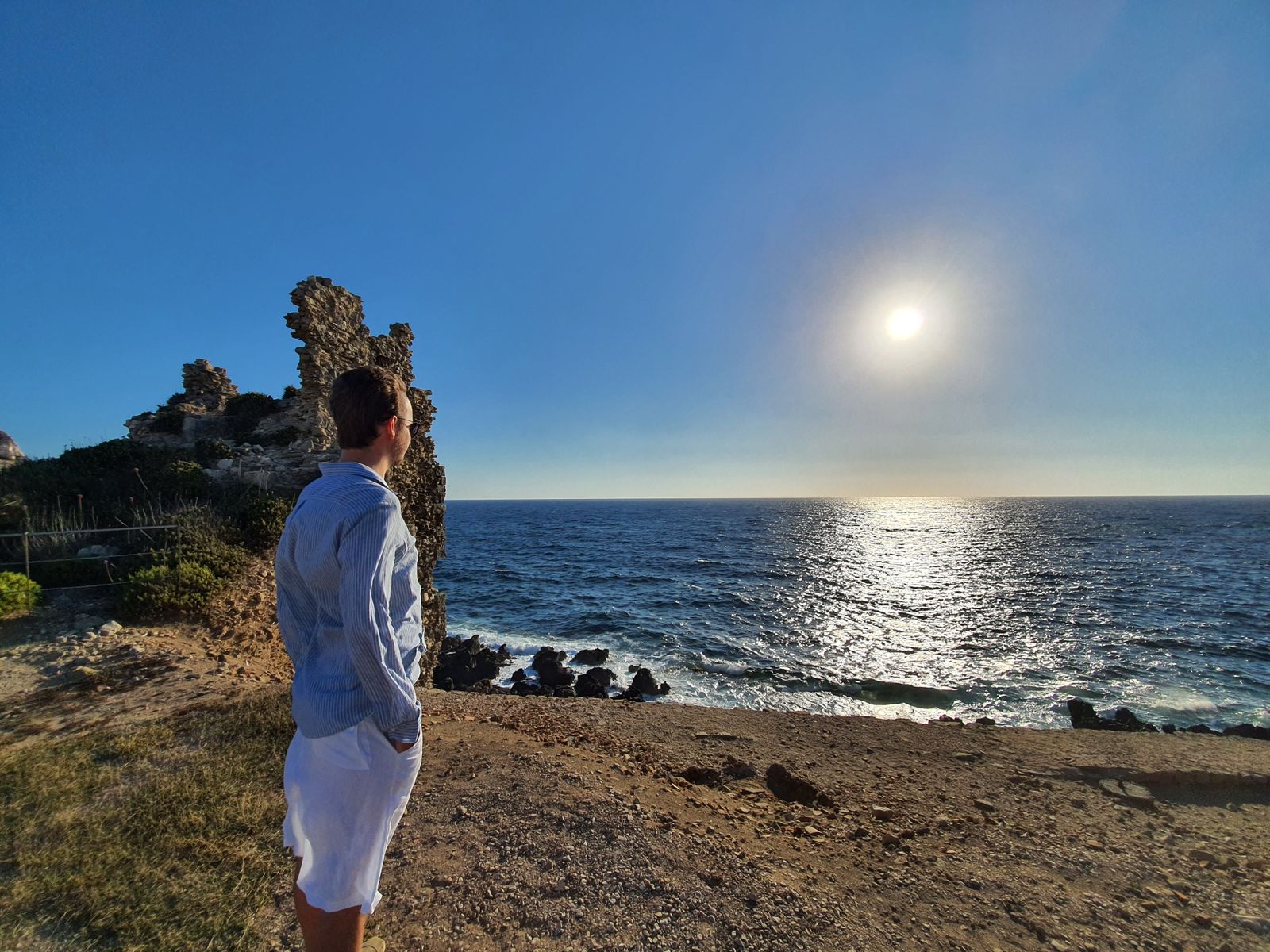About.
Expectations.
You, the reader, may expect short essays which try to strike a balance between ease of reading, and depth. You may read the texts here as serious or as light-hearted as you want. These texts are supposed to be equally valuable in the library as on the sofa.
I will publish a text here every Wednesday and Sunday.
On the name.
The name “Philosophy cubed”, or simply “Philosophy³” has at least two meanings, a shallow one and a deep one.
The shallow one is that at the moment, I read philosophy in three languages: Norwegian, French, and English. “Philosophy times three” or “plus three” does not sound very well, nor do I believe it to be the most accurate way of writing it. To the power of three, or cubed, on the other hand, seems to be a fair way of expressing it. A language is like a universe, and they thus merit the enormous expanse that “cubed” conveys.
The deep one is naturally more complex. Philosophy is done by thinking. At least in part. And we have two familiar ways of thinking: procedural thinking and lateral thinking.
Procedural thinking is logical thinking. It consists of making a solution as good as possible. Steadily improved products, such as cars or laptops that are updated yearly, are usually a result of procedural thinking. It is about honing something.
Lateral thinking, or “sideways thinking”, is not about honing a solution, but developing one in the first place. This is a much more creative endeavour than procedural thinking. Lateral thinking does not develop the best computer among a sea of computers. It develops a computer among a sea of typewriters.
If we give procedural thinking the vertical dimension, and lateral thinking the horizontal dimension, then we know of at least one more dimension: depth. And it is this third dimension that I posit as my main area of work: to see the depth in everyday life.
Motivation.
When teaching myself how to play guitar I simply fumbled around and tried out different visual patterns on the strings. My eyes were guiding my fingers more than my ears were. Half a decade later, when I started studying some music theory, it was as if someone turned the light on in a room I had been in for half a decade.
Suddenly everything made sense: the notes formed chords, and the chords lead the listener, and now I could use this intention to guide the listener through the songs I wrote. My ears started to take the wheel instead of my eyes as well, and even the village idiot understands that the ears are better at music than the eyes. It was a fantastical feeling of enlightenment.
To study philosophy is much the same experience as music theory. Although with a profound difference: the enlightened subject is no longer just music. Now, it is the world.
The first years of studying philosophy felt like a sunrise on my capacity to understand the world. I often say that if pedagogy is the study of how to teach, then the first year of philosophy can be understood as the study of how to learn. This sensation of understanding boils within me, both in my head and my chest. I consider it rationally, but I also feel it. I cultivate it.
To share this sensation is my motivation. In the age of information we have an abundance of quantity, and so it is our job to be filters for quality. In other words: the challenge is no longer to find content, as we seem to drown in it. The challenge is now to find content that is worth our time.
I hope these words are worth your time.
Owner & author.

I am Paul Œillmouén, the owner and author of this blog.
I have studied music and philosophy. I wish to make philosophy part of the common sense again. This is not really such a daunting task: everyone does philosophy every day. The task is not so much to discover, but to reveal that philosophy is common.